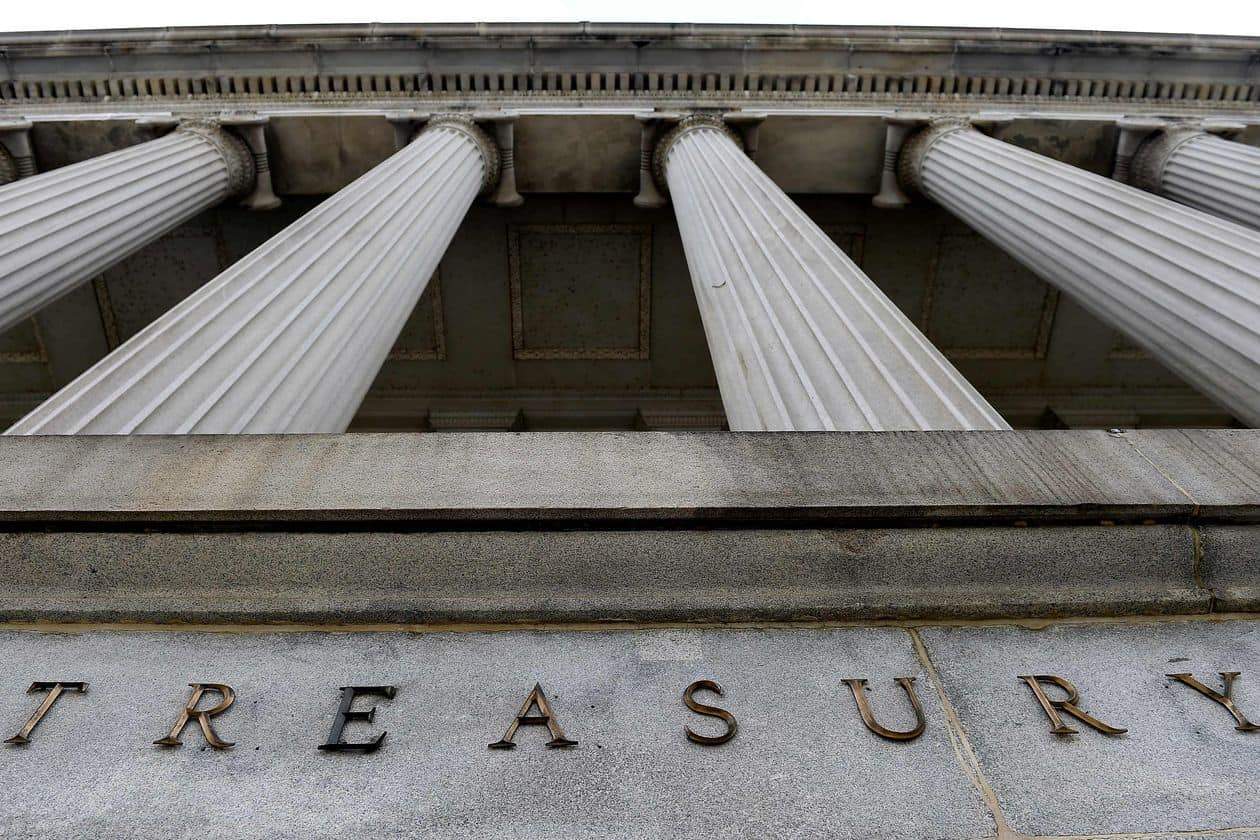U.S., Gulf Allies Blacklist Islamic State Financial Network

WASHINGTON—The U.S. has joined six other nations in sanctioning a financial network linked to the Islamic State terrorist group and its affiliates, blocking any of their assets in the U.S., the Treasury Department said.
The joint sanctions imposed Wednesday target financial-services companies al Haram Exchange, Tawasul Company and a third that, according to the Treasury Department, “have played a vital role in transferring funds to support Syria-based ISIS fighters and have provided hundreds of thousands of dollars of liquidity to ISIS leadership.”
Efforts to reach al Haram Exchange were unsuccessful. A representative for Tawasul didn’t answer questions sent via text message.
Also sanctioned was an individual who the U.S. said had been selected by Islamic State to facilitate its transactions.
The penalties, issued by the seven member states of the Terrorist Financing Targeting Center, targeted individuals and entities in Turkey, Syria and Afghanistan. The TFTC, launched in 2017, includes the U.S., Saudi Arabia, Bahrain, Kuwait, Oman, Qatar and the United Arab Emirates.
An Afghanistan-based charity, Nejaat Social Welfare Organization, and its director were sanctioned for their alleged role in shielding transactions on behalf of ISIS Khorasan, the group’s branch in that country. Efforts to reach Nejaat were unsuccessful.
Five of the targets had previously been sanctioned by the Treasury Department; Wednesday’s action expands the measures to include the Gulf nations as well as the U.S.
Treasury Secretary Steven Mnuchin said the Terrorist Financing Targeting Center’s actions “have maximized the disruption of terrorist financing around the world,” bolstering collaboration among the U.S. and the Gulf states on combating terrorism and terror financing.
Past sanctions issued by the seven-nation bloc have targeted al Qaeda, Hezbollah, the Taliban and Iran’s Islamic Revolutionary Guard Corps, in addition to Islamic State and its affiliates.
The sanctions block the targets’ property that is within the U.S. or that comes into the possession or control of U.S. persons, and bars U.S. individuals and businesses from dealings with that property.
Photo: The Treasury Department issued the sanctions along with other members of the multinational Terrorist Financing Targeting Center. - PHOTO: OLIVIER DOULIERY/AGENCE FRANCE-PRESSE/GETTY IMAGES
Link: https://www.wsj.com/articles/u-s-gulf-allies-blacklist-islamic-state-financial-network-11594834107











